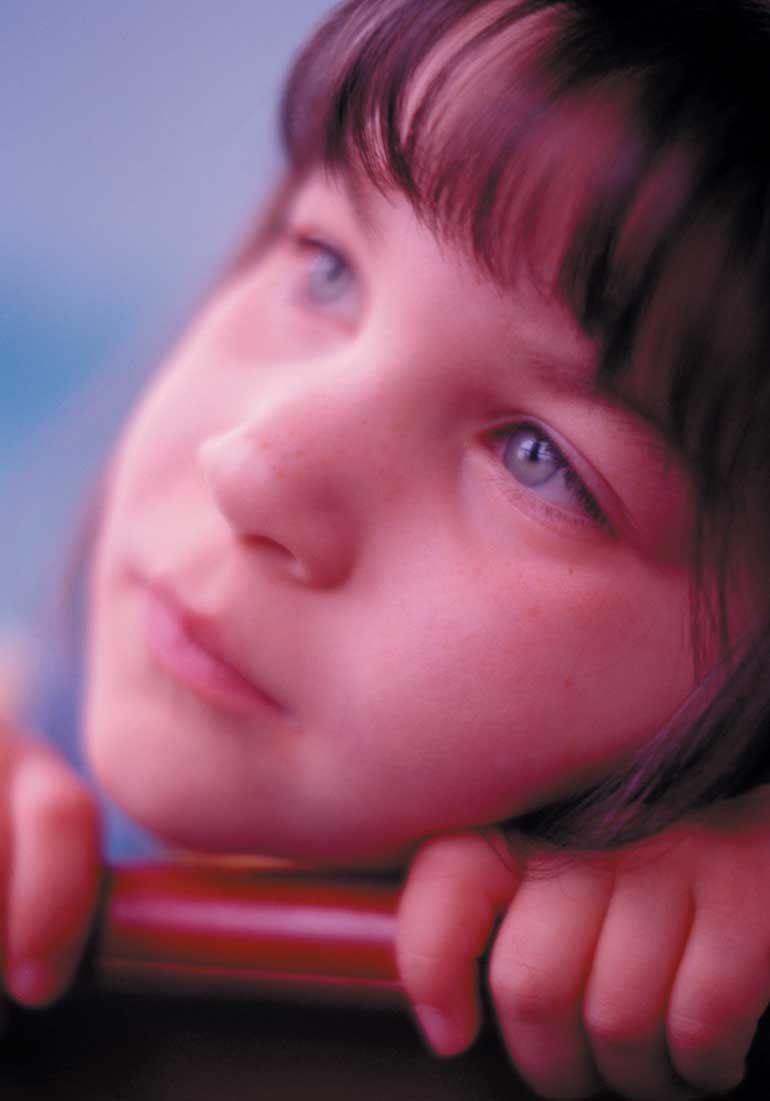You get a call from your child’s teacher. Your seven-year-old daughter, Petra, has been telling her fellow second-graders that her birth mother is a famous Russian ballerina.
Meanwhile, Sofia, eight, tells her class that she was sold to her family by the police, after her birth parents were arrested in China. And six-year-old Frankie tells his friends that his renegade birth mother was shot by soldiers, so he had to get a new family.
All of these children have heard their adoption stories hundreds of times, and not one involved a ballerina, the police, or soldiers. So why are they telling such fibs now?
Tall Tales
Many grade-school children have vivid fantasies about their birth parents. For some, this phase lasts a few days; for others, a few years. At the same time, grade-schoolers are learning to think about and understand their world in bigger ways.
They are learning to empathize with others, and are becoming more aware of how others perceive them. They want other kids to view them positively and think they are cool.
When it comes to adoption, grade-schoolers often want others to believe that they were loved and valued by their birth parents — but something bigger got in the way, something happened that was beyond their control. (It’s not OK for anyone to think they weren’t wanted, or were “given away.”)
To protect their developing egos, children tell fantastic tales, similar to stories they learn from popular books and movies. For example, a child might reveal that, like Harry Potter, his birth parents died, leaving him with “wizardly” powers.
Most kids won’t go to these lengths to create such fabulous stories (or any story at all); some will keep their fantasies to themselves. But if your child has spun a yarn or two — and a teacher or classmate asks you about them — what do you do? First, relax. There is probably nothing malicious about your child’s tales; he may be merely “imagining out loud.”
Next, use the story to begin, or add to, a realistic conversation about adoption. You might say, “Why did you tell your friends that your birth mother was a Russian ballerina?” or “I heard you told your teacher that your birth parents were arrested in China. Let’s talk about what really happened.” You can then go over the details of your child’s adoption.
You might even indulge your child’s fantasies a bit — with humor. If your son has told friends that his birth parents are international spies, you might say, “That’s exciting to imagine. But, as far as I know, they live a quiet life in Ohio.” You might also jot down your child’s stories and share them with him in the future, after he’s outgrown the fantasy phase.

